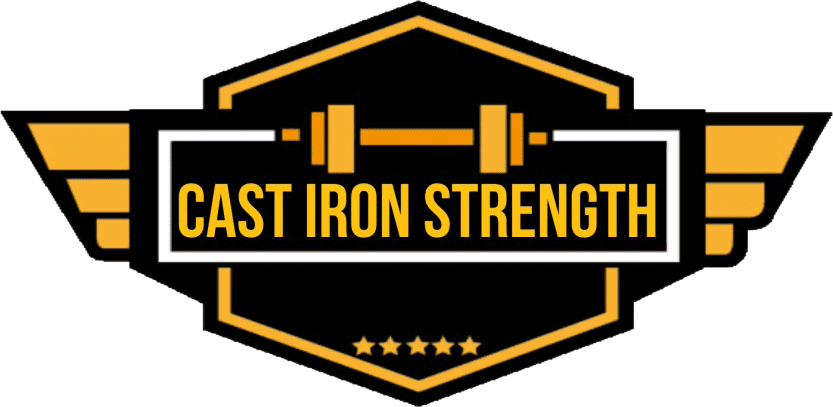Spotting doesn’t really receive much attention when it comes to writing about training and training practices yet ask any lifter who has been at it for a while and they will tell you that sometimes a spotter is the difference between PBs and near death experiences. Every good spotter should adhere to the rules set forward by our forefathers to ward against the mighty undead armys of the bro spot.
Tenant 1 – “I will always hand off evenly over the lifter’s line and will take the majority of the burden”
When you hand off a bench press you are going to make or break a heavy lift. Experience with the lifter will allow you to know where they normally touch on the chest a good spotter will hand out directly over this area. If you give the lifter the bar too early or too late then they will have to rescue the line before they even start which can really throw off a heavy lift, never mind being dangerous.
When you hand out from the rack make sure you are taking the majority of the weight and try and lift the bar as little as possible to clear the J hooks, lifting the bar “onto the lifter” can cause a lot of line wobble especially if the person who is benching has set up an arch.
When you are over the lifter’s line above the chest keep hold of the bar until it is steady and in place or alternatively sort out a verbal cue so you know when the lifter want’s the bar.
Here is an example of a good handout.
Tenant 2 – “I will shadow the bar and allow just enough assistance at the right time to keep the bar moving when it’s rep time”
No one ever got stronger off a missed rep. When you grind a rep or hit the wall of failure on a fairly maximal set your session quality will take a very sharp nose dive due to the fatigue that concentric failure brings on.
As a spotter you can greatly enhance the utility someone get’s out of their reps by guiding the bar at the appropriate times.
Falling out of line – when a lifter has decent bench press technique they will be able to keep their reps all pretty much in the same plane using a vertical line over their chest where they touch the bar and where they hold the bar at lock out. Some time’s a lifter will fall down or up that line taking the bar out of the optimal line. Your job as a spotter is to gently nudge the bar back into line when this happens.
Sticking Points – When a lifter get’s deep into a set and begin to fatigue their sticking point is where they are going to miss a rep and have to terminate the set. A good spotter will be able to apply just enough assistance at the right time to keep the bar moving. It is possible to get another rep or two out of sets just with a lover’s caress of the bar.
If you watch this video closely you can see on rep 2 the spotter brings the bar back into line and on rep 3 the spotter just gives enough assistance so the lifter can get past the sticking point, turning what would have been a single into a triple.
Tenant 3 – “On personal best attempts I will keep my greedy paw off the bar unless the lifter has lost the battle”
Contrary to the last post when someone is going for a new max nothing can ruin your day faster than someone who is too keen to take the weight from you. Overly helpful spotter syndrome (OHSS) is an affliction that appears to have manifested itself upon a large proportion of the gym population. Don’t be that guy, you know the one who curls the bar from the word go. There is a fine line between good spotting and ruining someone’s workout.
When someone is shooting for a new RM just shadow the bar so it’s safe and only take it when they ask you two or when the bar starts to travel downwards and when you take it lift the bar into the rack don’t wait for the lifter to help you.
Be mindful of these three tenants and your training partners will be glad your around.
Marc.

